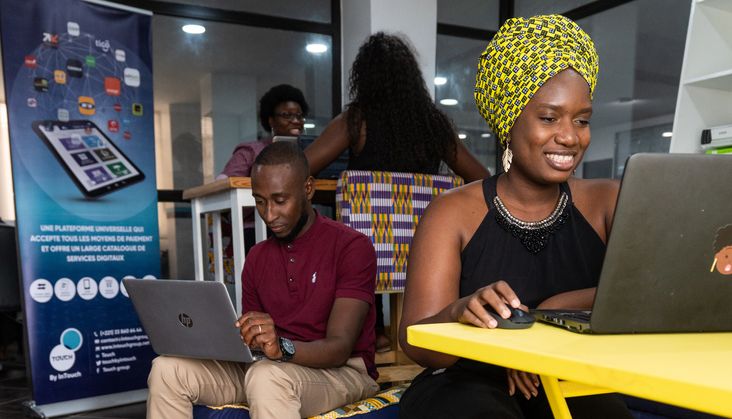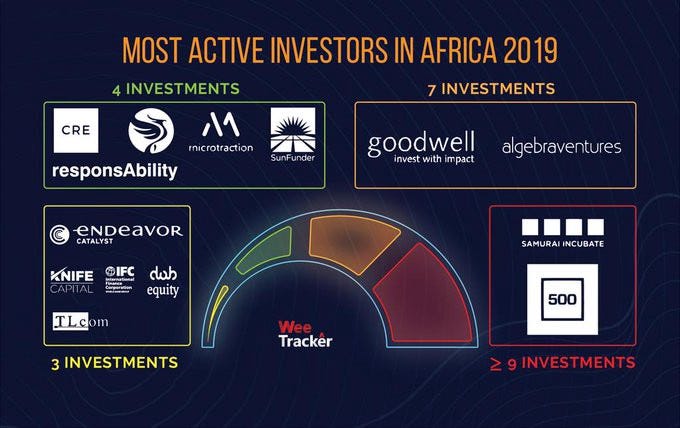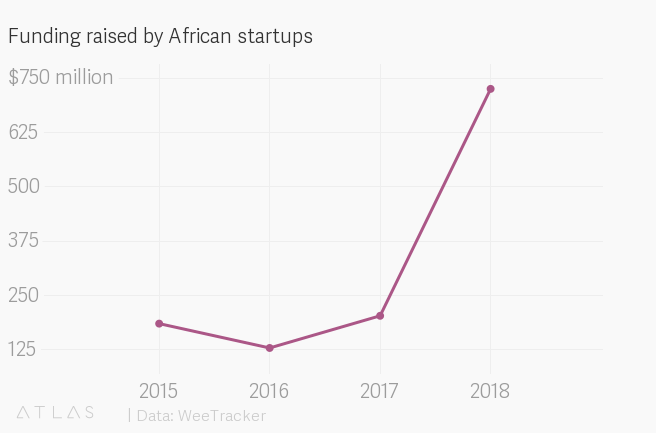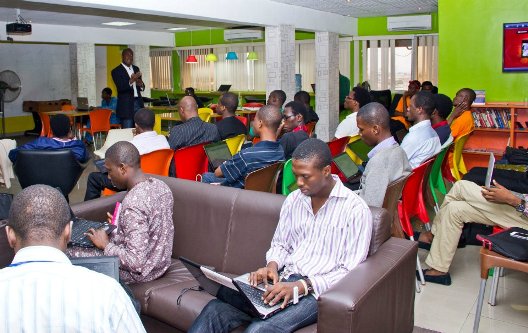Opportunities Knock for Nigerian Startups at Oxford-Developed Programmes
There are windows of opportunities for aspiring entrepreneurs and innovation-driven startups based in Nigeria are invited to apply for two new entrepreneurship programmes developed at the University of Oxford.
The Oxford Foundry, University of Oxford, and FMDQ Private Markets Limited has entered into a global partnership with the aim being to support collaboration and knowledge exchange between the UK and Nigerian angel investment communities. The partnership focuses on high-potential sectors such as technology, agriculture, green industries, and healthcare, through co-created programmes, with applications now open for two of these.

The first is the Young Entrepreneurs Leadership Programme (YELP), a bespoke four-month online programme targeted towards aspiring young Nigerian leaders aged 21-35 years that will provide the necessary skills, resources, and networks to create positive change in their local community and country.
Read also Kenyan BNPL Startup Lipa Later Raises $12M To Accelerate Expansion
The programme, run by the Oxford Foundry at the University of Oxford, and FMDQ Private Markets Ltd, is aimed at young people who have a goal to contribute towards the achievement of one or more of the Sustainable Development Goals (SDGs) in Nigeria.
Participants will take part in a tailored leadership curriculum, which will include roundtable discussions with world leaders in business and entrepreneurship, masterclasses to help build leadership skills, and online community social events.
The online programme is part time – at least 10 hours per month – and runs from April until August. Twenty places are available, and the initiative is free.
Read also Fintech Farm Plans To Launch Neobank In Nigeria Within 2 Years
The second programme is Innovate Nigeria, a two-week intensive accelerator to support innovation-driven startups in Nigeria to become scalable enterprises that have the potential to create transformative social and economic impact.
Successful applicants will benefit from a bespoke curriculum focusing on core entrepreneurship and venture building skills, one-on-one coaching with the Oxford Foundry’s network of experts, leadership training, and introductions to investors and opportunities to pitch to investors.
Applications are invited from purpose-driven startups who have a Minimal Viable Product (MVP) based on an innovation that gives a significant competitive advantage compared to existing companies.
The online programme starts at the end of March, with five places available for the free initiative. Prior to applying, applicants must ensure that they are able to commit to a minimum of 25 hours per week of programming.
Read also Elevating Digital Payments For a Cashless Future in Africa
Applicants for both programmes can apply here before January 31 at 11:59pm WAT.https://www.fmdqgroup.com/
Kelechi Deca

Kelechi Deca has over two decades of media experience, he has traveled to over 77 countries reporting on multilateral development institutions, international business, trade, travels, culture, and diplomacy. He is also a petrol head with in-depth knowledge of automobiles and the auto industry













